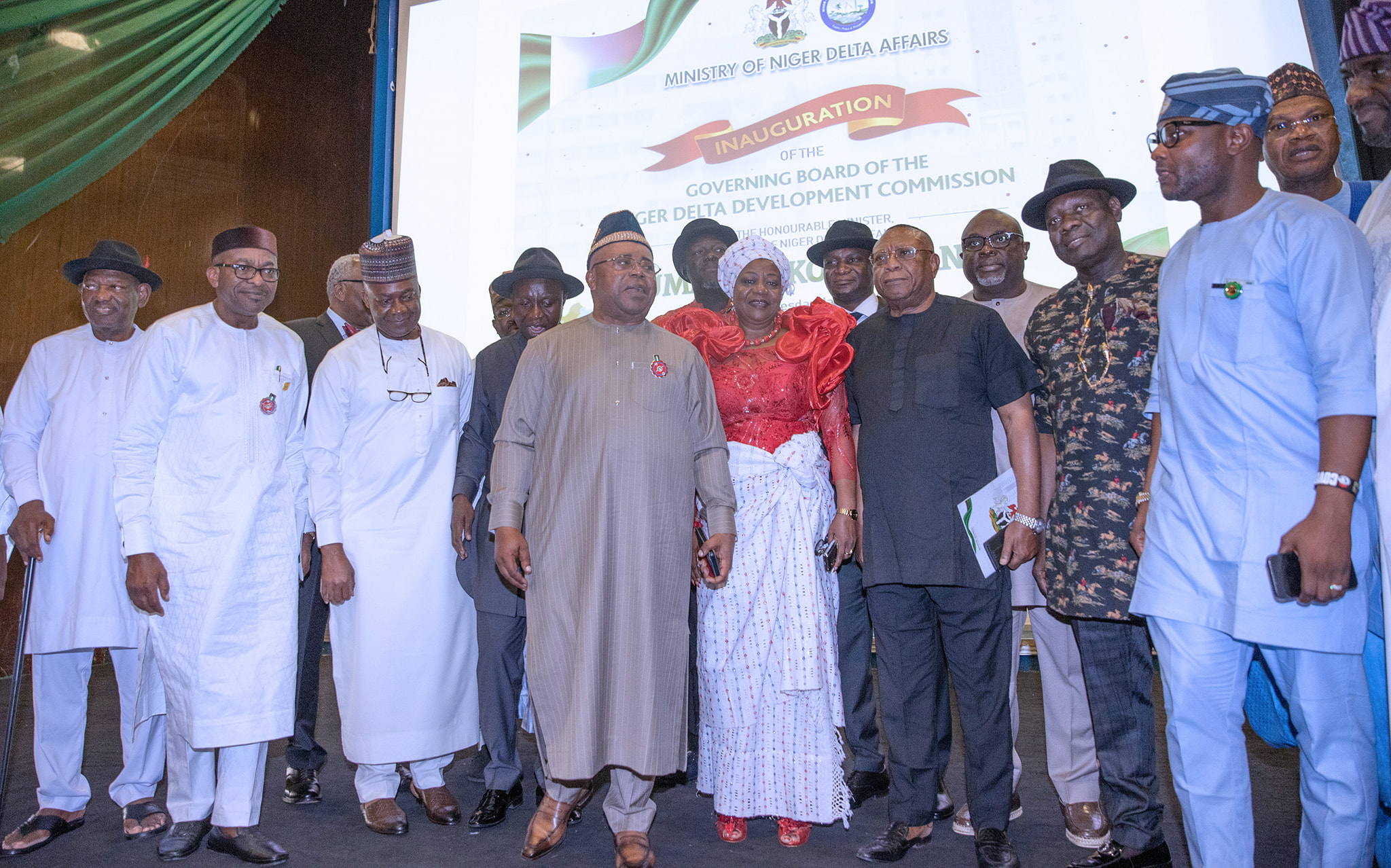‘You don’t know what’s coming’ — estranged fiancé threatens Empress Njamah
Those who rail against social media have their reasons. They are aware of the beauty, advantages and even the opportunities the various platforms can confer. But they are more troubled by the scurrilities the platforms can dredge up and splash on the face of a society already reeling from the malfeasance of politicians without conscience. Especially in the season of failing political certification, the plural belief is that the ruling class feels discomforted by social media because members of that privileged class don’t want their sins uncovered.
But sins do have their end-point and their rewards; so no matter how hard our politicians try, the day of reckoning will come, and that is not far away anymore; next month. However, they attract my sympathy because their good intentions are impaired by the disadvantages of failure which their stay in office epitomises.
This material is not about the fears of the politicians but about the travails and triumphs of a certain Empress Njamah, whose spurned lover, George Wade, allegedly splashed her nude pictures all over the social media, with so many people having a voyeur from another’s pain. Thankfully, she is strong and has affirmed her strength in one video I saw as I write this material.
“Love you guys, I’m good. Thank you, guys, for all the love, support, and messages and visits.’ And then from another source, “I’m alive, I came out alive and I’m able to speak out, so many women are hiding under this torture, this torment, last-last, we move. I’m excited about my freedom,” she said defiantly.
Advertisement
I am happy about her strength of character, I am happy about her ability to overcome an orchestrated evil with a smile, boldness and a straight face that has humbled the source of that evil. In situations like this, some people could just flip and keel over, but not Empress. I have followed her career since when her elder brother, John Njamah, was a budding protege to my great friend of blessed memory, Amaka Igwe, and I am happy with what they have become.
I have a weakness for Nollywood, the industry minted by the genius of some determined people. I feel saddened and grateful to those who nurtured the industry with their blood and remain elated by the determination of the living who continue to sustain the industry irrespective of the challenges imposed by the operating environment.
However, my heart goes for the people, those Empress described as “hiding under the torture, the torment.” I believe the law protects them and should enjoy that protection when the evil in the hearts of men comes into the open to disrupt the natural order of life with all its happiness. I am of the opinion that this class of people should seek expert advice on how the law protects them instead of just building up inner strength to wish evil away.
Advertisement
The foregoing thought steered my attention to the Cybercrimes (Prohibition, Prevention, etc) Act, 2015, which has sections that clearly comfort people that are distressed by the wickedness of other human beings.
Under Cyberstalking, the Act in Section 21, states as follows: Any person who knowingly or intentionally sends a message or other matter by means of computer systems or network that –
(a) is grossly offensive, pornographic or of an indecent, obscene or menacing character or causes any such message or matter to be so sent; or
(b) he knows to be false, for the purpose of causing annoyance, inconvenience danger, obstruction, insult, injury, criminal intimidation, enmity, hatred, ill will or needless anxiety to another or causes such a message to be sent:
Advertisement
commits an offence under this Act and shall be liable on conviction to a fine of not more than N7,000,000.00 or imprisonment for a term of not more than 3 years or to both such fine and imprisonment.
(2) Any person who knowingly or intentionally transmits or causes the transmission of any communication through a computer system or network –
(a) to bully, threaten or harass another person, where such communication places another person in fear of death, violence or bodily harm or to another person.
My little understanding of the highlighted portion is that the law protects the abused from the wickedness of the abuser. One other interesting thing to note is that even those who received the nude pictures in the case of Empress Njamah may not be innocent and could be as guilty as the primary source of the materials.
Advertisement
It is also possible for some of these demented fellows to enjoy the opportunistic thinking that after sending pictures and all kinds of lurid messages from the phone or computers, one can quickly delete and move on to the next unfortunate target. Not so fast, my dear. The Act in Section 38 ascribes some responsibilities to the service providers, which responsibilities are also captured in the ancillary laws of the telecoms regulator, the Nigerian Communications Commission (NCC).
For instance, under Records retention and protection of data in Section 38, a service provider shall keep all traffic data and subscriber information as may be prescribed by the relevant authority for the time being, responsible for the regulation of communication services in Nigeria, for a period of 2 years.
Advertisement
A law enforcement agency may, through its authorized officer, request for the release of any information in respect of subsection (2) (b) of this section and it shall be the duty of the service provider to comply, the Act says.
The service provider now bears the weight of the law where the data is not available or may have been wiped or lost. The Law goes the distance to provide the opportunity for the abused to find some comfort.
Advertisement
Not being a lawyer myself, I had to find validity for my thoughts which I got from the site of AOL (Olisa Agbakoba Chambers). The article titled: Defamation and the Law in Nigeria, which also captured Online Defamation, draws support from The Cybercrime (Prohibition, Prevention) Act 2015, and states as follows:
“It has been established that when an individual posts something on social media they are acting as publishers and can be sued for making false statements or defamatory comments.
Advertisement
“Online defamation conforms to the same standard of proof as the generally known type of defamation.”
Positing that a defamatory statement can be of two types, Libel and Slander, I find AOL’s position on Libel interesting and positively congruent with my line of thought.
“The dissemination of a defamatory comment in written or permanent form is referred to as libel. This could be an email, a blog post, a tweet, a text or WhatsApp message, a newspaper article, a television or radio broadcast, a video clip uploaded to the internet, or even a handwritten letter. Libel could be filing a false domestic violence action against a spouse or sexual harassment complaint against a coworker, which could lead to any of the conditions for defamation,” AOL wrote.
I do not know at what point young men and women have to take nude pictures of themselves but I do sense that there are so many young people involved in packaged love nowadays which flies in the face of reality and common sense, but laced with lots of fatal attraction to scandal. Irrespective of extreme love or hate, whoever breaks the Law will have a date in court. Whatever the nationality of George Wade, my submission is that the Law of the land should bring him to common sense in the process of determining his guilt or innocence.
Views expressed by contributors are strictly personal and not of TheCable.
Add a comment







